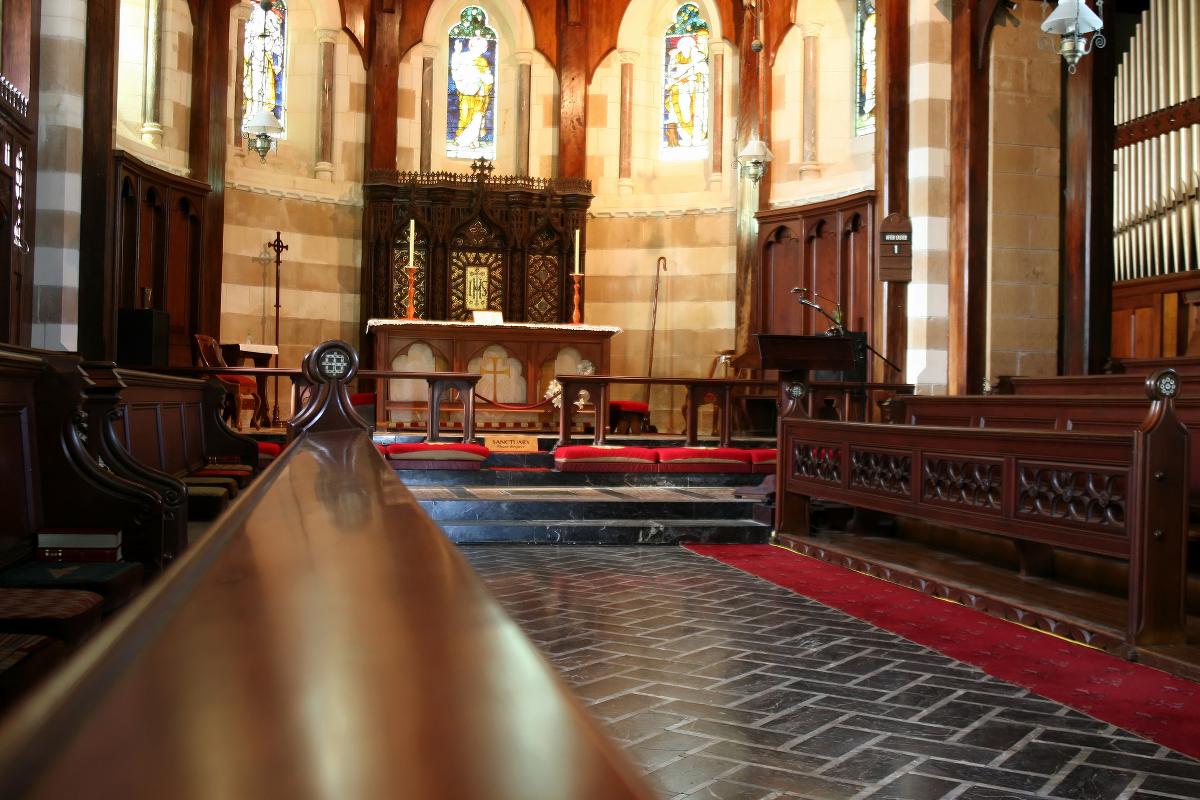The Church of England has made moves to be more accepting and inclusive of the LGBT+ community, last weekend voting to welcome transgender members and condemn gay ‘conversion therapy’. The General Synod met and voted on a number of issues facing the church and yet, despite these positive steps, the Church still has a long way to go before it is a truly equal organisation.
In moves that will warm the heart of many a gay, bi, pan and trans activist, moving speeches were presented to the gathered bishops, priests and lay people and both LGBT-related motions were passed convincingly.
Disapproval of ‘gay conversion therapy’
The General Synod is the governing body of the Church and one of the motions it passed last Saturday was to call on the UK government to ban so-called ‘conversion therapy’, which some homophobes believe can ‘cure’ a gay, lesbian or bisexual person of their same-sex attraction or cure a trans person of their gender identification. In reality, it does not turn LGB people into heterosexuals, and it does not turn trans people into cisgender people; it is a dangerous and damaging practice that has been widely criticised by both the psychological and LGBT communities.
With their vote, the CofE endorsed a ‘Memorandum of Understanding on Conversion Therapy’ signed by the Royal College of Psychiatrists and others. The joint statement describes conversion therapy as unethical, potentially harmful and having “no place in the modern world”.
Jayne Ozanne, a lay person and lesbian, said during the debate, “”This debate is actually quite simple. Do we trust our medical health professions and academics (including many sincere godly Christians) to know what they are talking about?
“Should we listen to the voices of those we and others have unwittingly harmed?
“Should we learn from our mistakes, and seek to protect future generations from the sort of damage that was done to me and so many others?”
While some members did vote against the motion, it was, reassuringly, carried by a large majority. As somebody who faced an attempt at conversion therapy when I was younger, and was only saved from that particular indignity by an admission to hospital, I can only affirm that the Church of England took the moral, ethical and responsible path in this respect.
This was a move that will undoubtedly save lives as well as encourage good practice and discourage damaging heteronormativity.
Welcoming transgender people into the Church
On Sunday, the Synod took a further vote on an LGBT issue. The motion voted upon was: “That this Synod, recognising the need for transgender people to be welcomed and affirmed in their parish church, call on the House of Bishops to consider whether some nationally commended liturgical materials might be prepared to mark a person’s gender transition”.
The Bishop of Worcester, during the debate, argued that “[their] response needs to be loving and open and welcoming and the passing of this motion would be a very important factor in that”, while the person who opened the debate, the Reverend Christopher Newlands, said, “I hope that we can make a powerful statement to say that we believe that trans people are cherished and loved by God, who created them, and is present through all the twists and turns of their lives”.
The vote passed with an overwhelming majority.
The Church of England still has a distance to travel towards LGBT+ rights
Despite these positive steps, the Church of England is still not an entirely safe and welcoming place for LGBT+ people. The organisation will still not carry out weddings for same sex couples, for instance, which is alienating to the proportion of the community who are both religious and want to get married. While legal same-sex marriage is available in Great Britain, secular services are nevertheless secular, which is not what some LGBTQ people are looking for.
According to the Guardian, working groups within the Church are studying whether or not same-sex marriage should be allowed but will not report back until 2020 at the earliest. The bishop of Buckingham, tired of the long wait for a decision, accused his bishop colleagues of “well-meaning temporising waffle”.
“The fact is we’ve been going round this mulberry bush regularly for almost 30 years. Each new iteration consists of a grand announcement that the bishops will lead the way forward.
“The only way forward is mutual personal respect that acknowledges difference.”
The CofE also denies ordination to people who are in same-sex relationships. This move (or, more accurately, lack of motion) pushes out many LGB people, or causes them to live a secret double life, always fearing that they will be found out. This degree of hiding and shame belongs in the past and it is abhorrent that the Church is essentially forcing people to live like this today.
The Church must feel like an unwelcoming place for many LGBT potential clergy, who would not be able to form a relationship or get married within their own denomination. While the CofE may be worlds apart from, say, the Catholic Church or some southern American Baptist set-ups in this respect, that does not make it immune from criticism when there are areas where it could, and should, do better.
Photo: bert knottenbeld/Creative Commons

